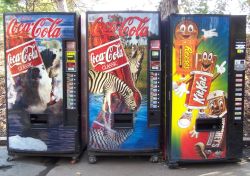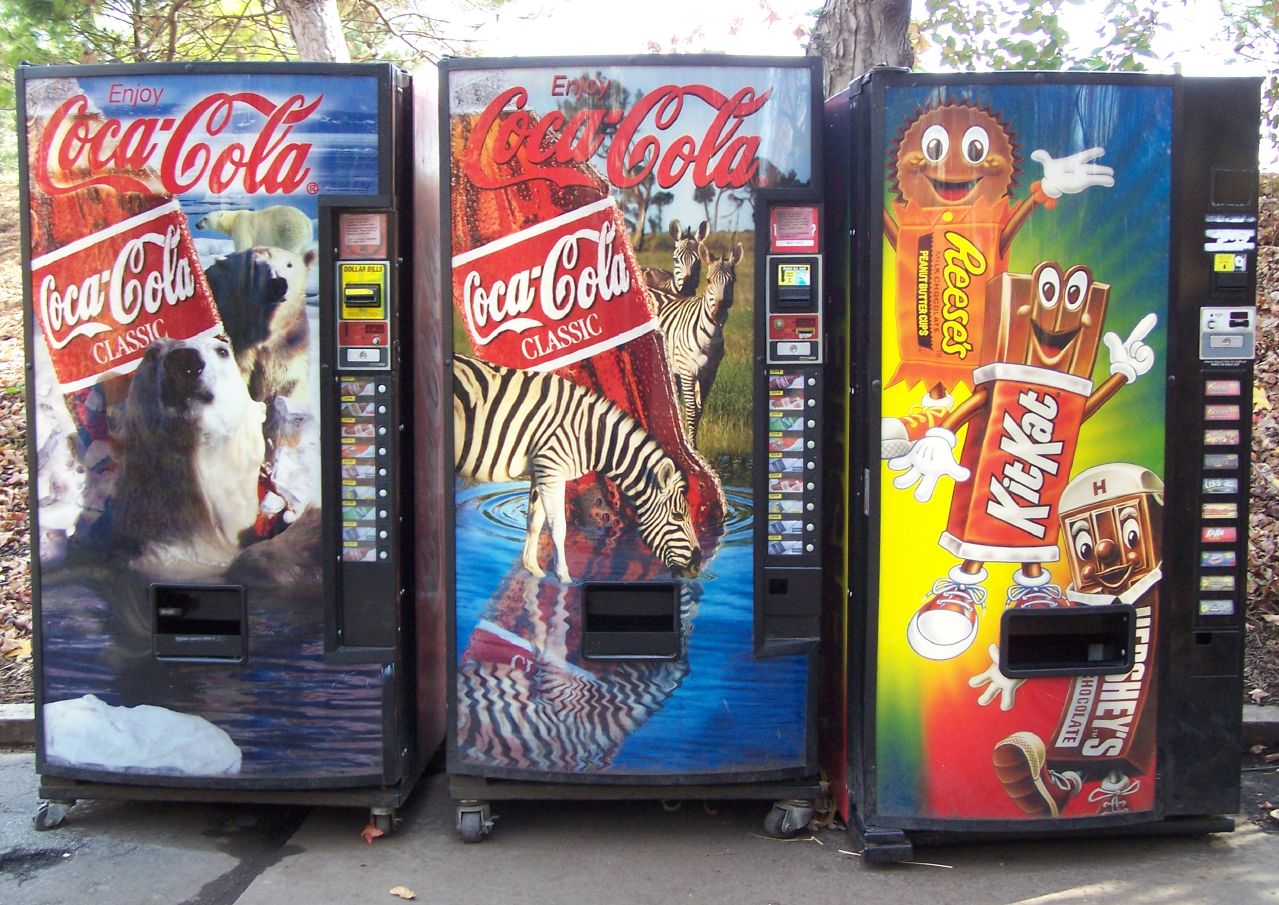
Valerie EverettPick your poison.
The more readily available sugar is your country’s food system, the more likely you are to get diabetes.
That’s the conclusion an exhaustive worldwide study of diets, obesity rates, and Type 2 diabetes. It found that for every 150 calories of sugar that could be drunk or eaten daily by a resident of each of the countries studied, whether that sugar was squeezed out of sugar cane, beets, or corn, each resident became on average 1.1 percent more likely to develop the disease. (The researchers didn’t analyze how many calories individuals actually eat and drink, but rather how many calories are available to people through their national food supply chains. Some of those calories are wasted without being consumed.)
A 12-ounce can of soda typically harbors about 150 sugary calories (which scientists, including the authors of the new study, confusingly call kilocalories). Many candy bars contain more calories than that, though not all from sugar.
The Californian scientists who conducted the 175-nation study, published this week in PLOS ONE, showed that it is not merely the amount of calories in somebody’s diet that affects whether they are likely to develop diabetes. It’s where they get their calories from. New Zealanders, for example, are growing more obese yet fewer of them are developing diabetes. That’s because they’re getting their extra calories from such things as oil, meat, and fiber, not from sugar.
The scientists concluded that those other sources of calories do not increase diabetes rates. Well maybe a tiny bit, but not to an extent regarded as statistically significant. That means that somebody with a big appetite but an aversion to sugar could become obese without becoming a candidate for daily dates with needle-tipped insulin pens. It also means that sugar junkies are putting themselves at risk both of becoming obese, with the myriad health complications that brings, and also of developing diabetes. From the study:
Sugars added to processed food, in particular the monosaccharide fructose, can contribute to obesity, but also appear to have properties that increase diabetes risk independently from obesity.
The study was the icing on the cake for theories that sugar is toxic. As columnist Mark Bittman wrote in The New York Times:
The study demonstrates [that sugar causes diabetes] with the same level of confidence that linked cigarettes and lung cancer in the 1960s. As Rob Lustig, one of the study’s authors and a pediatric endocrinologist at the University of California, San Francisco, said to me, “You could not enact a real-world study that would be more conclusive than this one.”
Bittman thinks the findings should prompt the federal government to do something about the poison that is sugar:
The next steps are obvious, logical, clear and up to the Food and Drug Administration. To fulfill its mission, the agency must respond to this information by re-evaluating the toxicity of sugar, arriving at a daily value — how much added sugar is safe? — and ideally removing fructose (the “sweet” molecule in sugar that causes the damage) from the “generally recognized as safe” list, because that’s what gives the industry license to contaminate our food supply.
—–
CORRECTION: This post originally stated, “For every 150 calories of sugar that a person wolfs down every day … that person becomes 1.1 percent more likely to develop the disease.” But in fact the PLOS ONE study did not look at individual consumption; rather, it examined the relationship between the availability of sugar in a country’s food supply and the rate of diabetes in its adult population. The text has been changed to reflect that fact. Also, the New York Times column cited above incorrectly suggested that obesity itself is not a cause of diabetes; that error has been corrected on the Times website and, to reflect that, we’ve changed the bracketed text within the block quote from the Times to say “that sugar causes diabetes” instead of “that sugar, not obesity, causes diabetes.”




